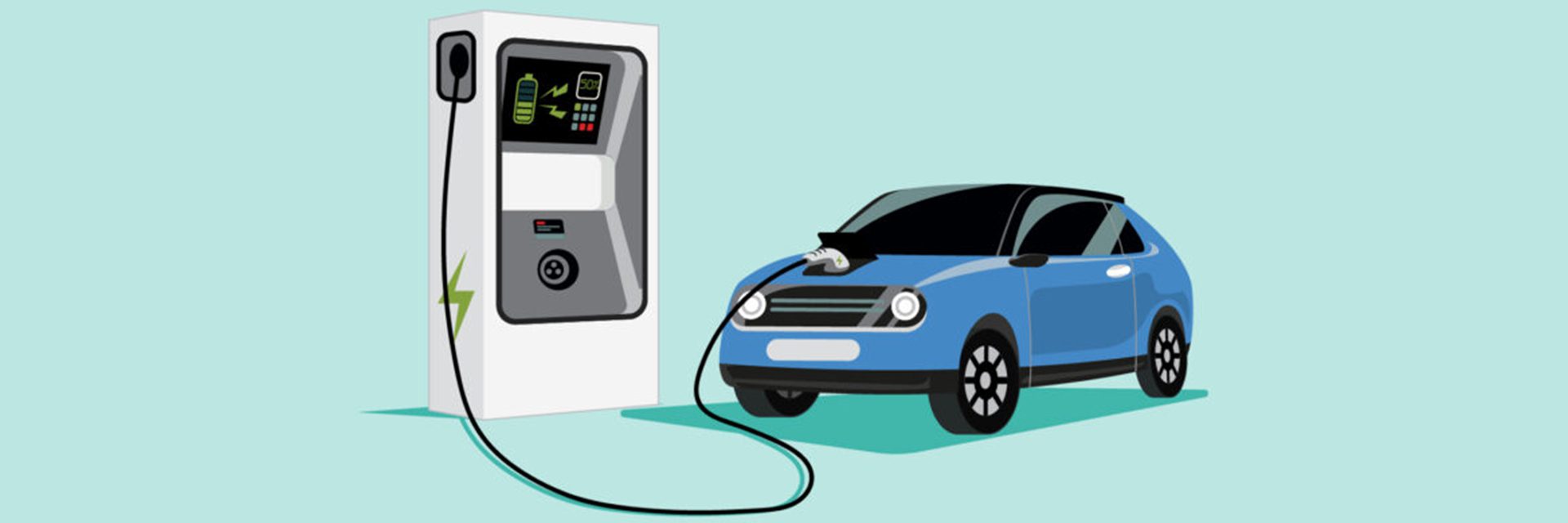The article first appeared in Scroll.in on April 5, 2022.
The issue of rising fuel prices in India has been a hot topic, with the BJP-led government attributing it to the Russia-Ukraine war and international market dynamics. On March 24, Petroleum Minister Hardeep Singh Puri explained in the Lok Sabha that the ongoing conflict had disrupted global oil supply chains, leading to higher international oil prices. Finance Minister Nirmala Sitharaman also highlighted these challenges, pointing out that India, which imports 85% of its oil, has been significantly impacted.
However, opposition parties have criticized the government, accusing it of manipulating fuel prices for electoral gains, alleging that hikes are delayed until after elections. Critics have also highlighted the disparity in price adjustments, noting that while global oil prices plummeted during the pandemic, domestic prices remained high as the government increased excise duties.
The debate over fuel taxes has further fueled the controversy. Opposition leaders argue that the Centre’s share of fuel taxes is disproportionately higher than that of states. For example, in Delhi, around 63% of the total tax on petrol is levied by the Central government, with states accounting for the remaining share. Tamil Nadu’s Finance Minister P. Thiagarajan stated that while the Centre has more than doubled its taxes on fuel since 2014—from ₹9.4 per litre in 2014 to ₹27.9 in 2022—states have only marginally increased their taxes by 10-30%.
Sitharaman has also defended the high fuel prices by citing oil bonds issued by the previous Congress-led government. These bonds, issued to compensate oil companies for selling fuel at lower prices, are still being repaid by the current government. When the BJP assumed power in 2014, ₹1.3 lakh crore worth of oil bonds were outstanding. However, critics like economic analyst Vivek Kaul argue that this justification is weak, as the repayment of oil bonds constitutes only 4% of the excise revenue collected from petroleum products.
In response to fuel price concerns, the government is pushing for the adoption of electric vehicles (EVs). Union Minister Nitin Gadkari recently drove to Parliament in an EV, pledging that within two years, the cost of electric vehicles would match that of petrol vehicles. He emphasized that transitioning to EVs is essential to address the challenges posed by reliance on petrol and diesel.
Read more: Scroll.in
Find more Global Indian Top Reads

